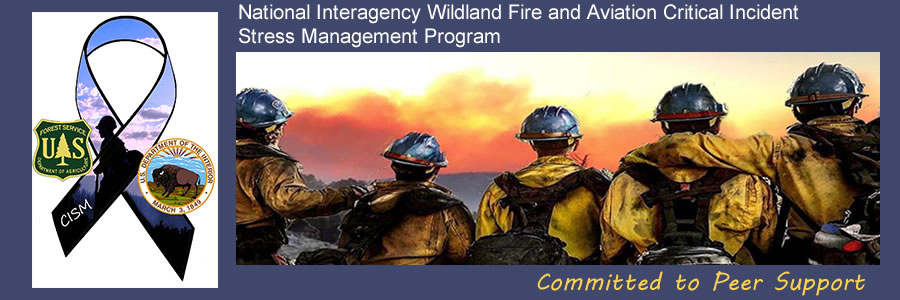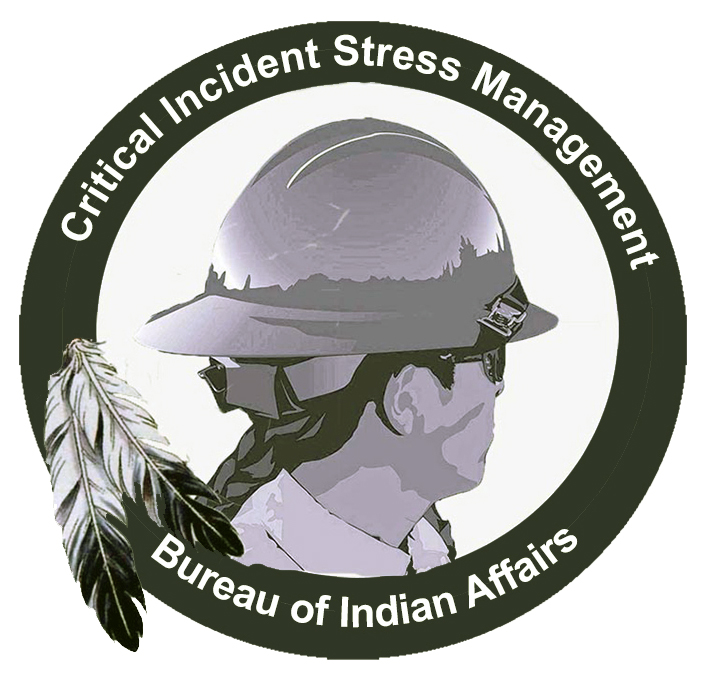
Main Print Heading
Print Subheading
Pre-Incident Education
Educating employees about the Critical Incident Stress Management/Peer Support program, its services, and the benefits it can provide before a critical incident occurs is the cornerstone of an effective CISM program. Plans and protocols must be developed and understood. Attempting to learn about crisis intervention during or after a crisis is predictive of confusion, delays, and the possibility of improper or inadequate support or intervention strategies and tactics.
Training managers and employees in Critical Incident Stress Management principles ensures that they recognize Critical Incident Stress and can successfully manage the employee stress-related aspects. Additionally, education about the process, what to expect, and how to access CISM services contributes to the program's credibility when management, leadership, and employees are supportive and promote the program.

Behavioral Health and Wellness
Behavioral health addresses the mental and emotional aspects of wellness and other physical manifestations of mental and emotional states. The psychological toll of emergency response gets less attention than the physical toll, and its effects are not well documented. Professionals dealing with the psychological concerns affecting emergency responders refer to them as "behavioral health" issues. Behavioral health addresses the mental and emotional aspects of wellness and other physical manifestations of mental and emotional states.

The most important element of combating critical incident stress is pre-incident stress education. The process should be started early in a career and continued with annual refresher courses.
Reactions to critical incidents are going to occur. There is, of course, no way to prevent a psychological response to future incidents. However, developing healthy coping skills and learning to be resilient may help during times of high stress. Resilience is the ability to adapt well to stress, adversity, trauma, or tragedy.
Managers Corner
"The Demonstrataion of Caring is is more important than all other leadership traits ombined"
-Bruce T. Blythe
Ultimately, strategic crisis management is about managing the reactions of people. Whether the crisis involves multiple deaths or injuries or "only" involves a perceived injustice or negligence, the steps you take will be to manage people's reactions (Blythe, 2016). Caring during crisis response is not a feeling. Instead, caring is a set of corporate and personal behaviors that elicit the perception that you and your organization honestly care.

Most people have the resources and skills to cope with traumatic events over time (3 to 12 months). However, that does not mean we should not respond to individuals who would benefit from psychological support. One of the challenges for leaders is that it is difficult to know what individuals could benefit from additional resources.
The number of traumatic exposures and the strain of pre-event life stressors contributes to the range of individual reactions. Traumatic events are one source of "stress injuries" to personnel. Good mental health the result of a life history of successful crisis resolutions.
Additional Information
International Critical Incident Stress Foundation
National Alliance on Mental Illness
American Telepsychology Association
 » Read More
» Read More
Agency CISM Information
- Bureau of Indian Affairs
- Bureau of Land Management
- U.S. Fish and Wildlife Service
- U.S. Forest Service
- National Park Service
- Southwest Geographic Area
- State Agencies

